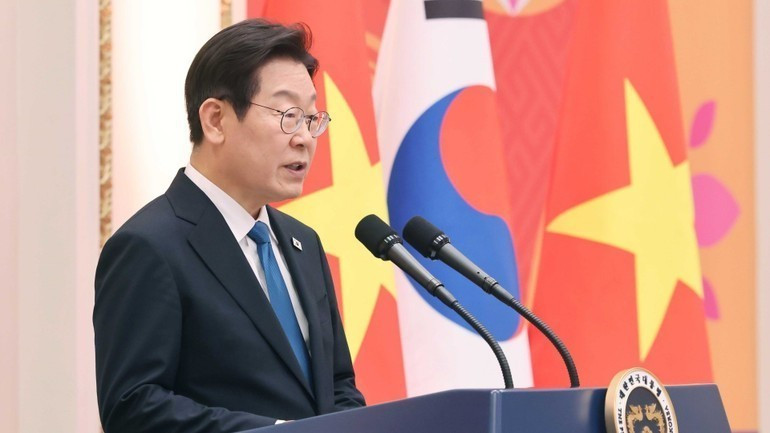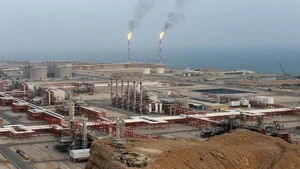President Lee Jae Myung’s first overseas trip since he took office yielded significant results. A spirit of goodwill and positivity prevailed at the joint press conference of the leaders of the RoK and Japan—two neighbouring countries whose relationship has seen many ups and downs due to historical issues.
Both sides emphasised that, for the first time since the two nations normalised diplomatic relations in 1965, a President of the RoK choosing Japan as the first foreign destination demonstrated a strong commitment to building a forward-looking relationship.
Selecting Japan as the first destination before even the US was considered a strategic move by the Korean leader. It sent the message that the Seoul administration prioritises building a stable and reliable Northeast Asia based on cooperation.
Through this visit, the leader of the Republic of Korea accomplished the mission of establishing diplomatic stability with the neighbouring country, Japan, deepening cooperation in technology and tourism, and gradually addressing historical issues in bilateral relations with tact and flexibility.
President Lee’s visit to the US, from August 24 to 26, also achieved notable outcomes. US President Donald Trump and his Korean counterpart discussed security issues, defence cost-sharing, and the situation on the Korean Peninsula.
Following the summit, the two sides signed 11 Memoranda of Understanding (MOUs) on cooperation in key industries, including shipbuilding, nuclear energy, aviation, liquefied natural gas, and important minerals. The RoK expects that US President Donald Trump may open a “new path to peace” for the Korean Peninsula.
According to analysts, the Government of the Republic of Korea is seeking to shape cooperation which the US–Japan–RoK trilateral alliance in a more practical and flexible direction. Seoul aims to both strengthen trilateral cooperation and consolidate trust with Tokyo and Washington in safeguarding national interests, and focus on security, economic and technological collaboration, while at the same time avoiding unnecessary tensions or conflicts with other parties in the region.
Seoul’s flexible diplomatic policy was also demonstrated through the recent highly successful visit to China by Park Byeong Seug, the Korean President’s Special Envoy. In a letter to Chinese President Xi Jinping, President Lee Jae Myung affirmed that the new Government of the RoK values relations with China and is ready to promote substantive cooperation.
Lee Jae Myung assumed the presidency at a time when the RoK faced numerous difficulties, notably political upheavals and economic downturn. Bearing the weight of the “laurel wreath” of victory, he has been striving to pursue a pragmatic diplomatic policy, considering it a foundation to stabilise the domestic situation and restore trust with partners. The Korean leader has stressed his support for pragmatic diplomacy, placing national interests at the centre, and focusing on balancing relations with major powers and neighbouring countries.
In particular, in relations with the Democratic People’s Republic of Korea (DPRK), Lee Jae Myung has made relatively conciliatory statements, pledging proactive steps to prevent unintended clashes and build trust. This marks a shift in foreign policy towards greater balance and flexibility compared with his predecessor Yoon Suk Yeol.
Many challenges remain in relations between the RoK and other countries. Nevertheless, the success of the recent foreign tour has contributed to strengthening trust among allies, enhancing the image and position of the Republic of Korea in Northeast Asia and on the global stage.
















